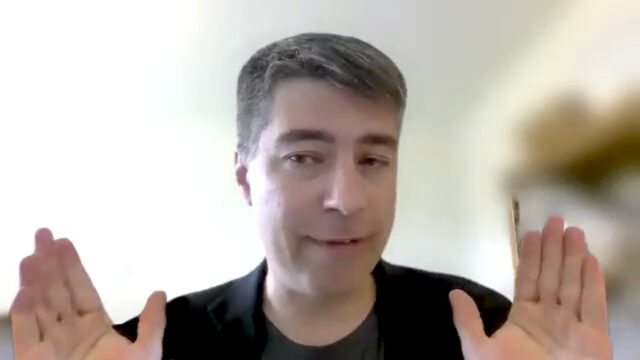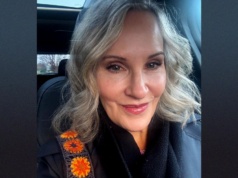Suzanne: And welcome back everyone to Answers for Elders Radio Network. And we are here with the Director of Education and Culture for Koelsch Communities, Mr. Benjamin Surmi, who’s a social gerontologist and an amazing resource for so many of us that are looking to find the right culture, purpose, everything like that. And first of all, Benjamin, I wanna give hats off to Koelsch for having someone like you on staff. You really put the mindfulness and thought process on what happens to in a day to day situation within a community, and that the fact that Koelsch invests in someone like you tells me a lot about their interest in being there for their residents. But I have a question. You’re a social gerontologist. What about seniors that live at home or are aging in place? How did they find that second opportunity? What are some alternatives [for them]?
Benjamin Surmi: Well, first, I will say there’s a bit of a myth around aging in place, that aging in place means you age in a residential suburban home. Aging in place means to age wherever you will thrive. We all come from the same space that every senior should be where they will thrive, where they will be able to accomplish their purpose. Keep that in mind because it may not be in a house.
Suzanne: And it’s interesting to talk about a shift. There’s a lot of seniors that are in their 70s that are now downsizing, they’re getting rid of the family home that is burdensome, and they’re finding new opportunities to live independently in senior apartments or CCRCs where they start out is independent and things like that are, I’m sure you’re finding that.
Benjamin Surmi: Oh, yeah, for sure, for sure. But to go back, let’s say a senior has chosen, “I think my purpose in life, the thing I really care about, is being a blessing to my neighbors on the street. I’ve been there for 40 years. I want to keep offering cookies to the grandkids. I wanna keep sitting on the porch and talking with my neighbors. This is where I need to be.” Well, that’s great. And the point is to identify what is my purpose in being here, because otherwise, if my purpose is just to live in my home as long as possible, what I have seen is elders will live as long as possible in their home watching “Judge Judy,” that is their whole life. Watching “Judge Judy” and “The Price is Right” in my home. Yay. Congratulations. “I lived in my home till I was 90.” To me, most of us look at that and go, “Oh, crap. I do not want that to be my life.” But instead I can have a purpose in my head. Now, this is what I want to accomplish. This is what I want to enjoy, or share, or do, if my home and where I live supports me in that, if I can still engage in the community that matters to me, and there’s not a barrier because I can’t drive to them, then great.
Suzanne: And I think technology has helped us a lot to connect with people too. So what about a caregiver? What about someone that is taking care of a loved one? They may have lost their career, they may have lost friends, they may have lost their social life. What do you say to them?
Benjamin Surmi: Well, I think they have two different purposes, right? They have their own purpose, like “things that I personally want to do in my life that matter to me”. But then there’s also the purpose of, “what do I want this relationship to look like with this person I’m caring for,” right? Because there’s gonna be different answers there. I want as little relationship as possible because I really don’t like this person. But and this is what I wanted it to be like. This is my mom and what matters to me is us being able to go shopping and antiquing together. Like I’ve always done that. Well, then my caregiving plan needs to include that. Not just include but build around it. If antiquing is so hard to do because I’m keeping my mom at home until she dies, right? Then maybe that ends up going away. Whereas if I moved her into a co-housing situation or senior living or some other situation that had a van that was wheelchair accessible, now me and my mom can go antiquing as often as we want.
Suzanne: And I think what you’re saying is so vital in the fact that, first of all, just because you’re caring for a loved one, even a spouse. I see lately so many spouses that are caring for a loved one that may have dementia or Alzheimer’s, something like that. What I found often is that they lose themselves, and to be mindful of not doing that, finding ways of bringing in it, whether it’s in home care into the home, or move to a community where you can still stay together and you can do what you need to do and still be somebody’s wife or husband while that other person is getting care during the day. And I think those are the things that we’re afraid to do.
And Benjamin, we’re gonna talk in our last segment, coming up next, a little bit more about the options for seniors to find that purpose. And so in the meantime, everyone you can reach Koelsch Communities at https://koelschseniorcommunities.com/ or call (360) 867-1900. And Benjamin will be right back, with me, right after this.











